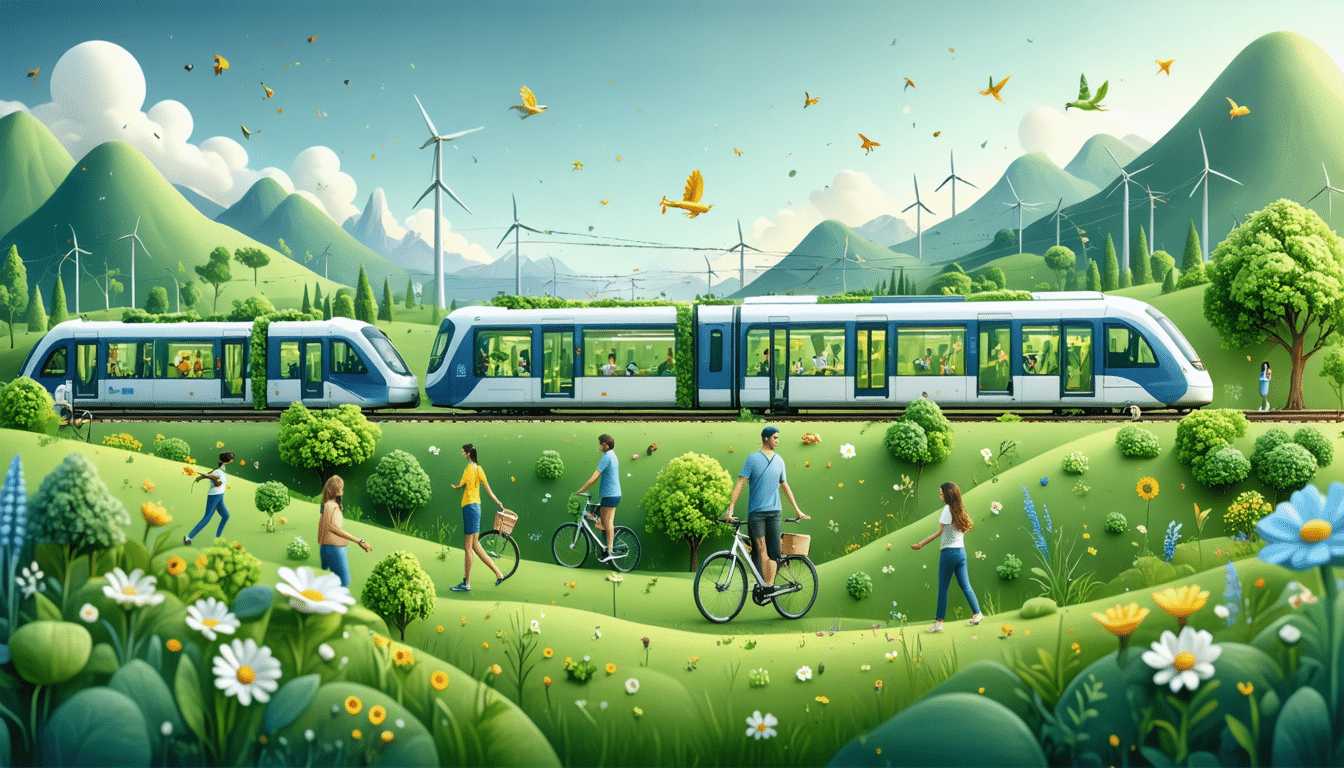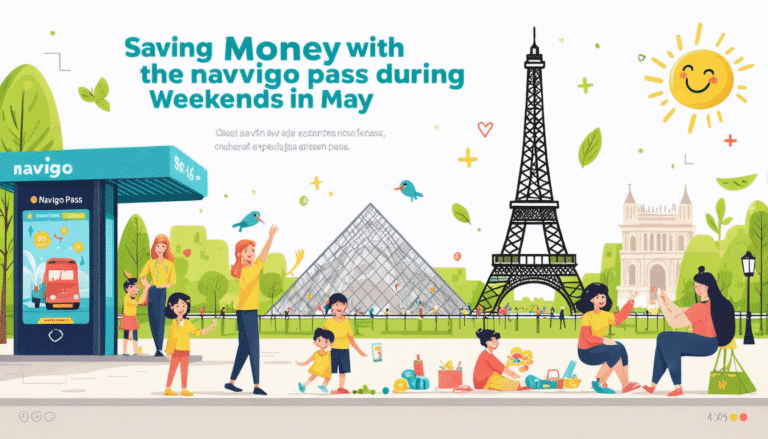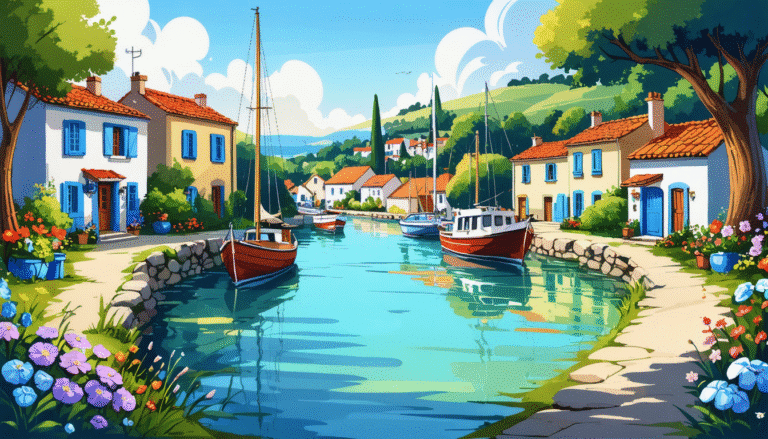Sustainable travel is becoming an essential imperative in response to alarming environmental degradation. The emergence of flight-free travel is redefining the contours of modern tourism, promoting respectful mobility. _Experts predict a true revolution_ in travel practices by 2025, where the desire to engage in ethical tourism will prevail over mere escapism. Captivating trends revolve around escaping to less frequented destinations, highlighting _the importance of nature_ and genuine contact with undeniably enriching cultures. _Slowness becomes an art of living_, ushering in a new era for adventurers wishing to merge discoveries with planet preservation.
| Overview |
| Flight-free travel on the rise: Travelers seek to reduce their carbon footprint. |
| Trip chaining: Combining multiple destinations for a rewarding experience. |
| Focus on time: Vacations focus on quality time, not just the destination. |
| Undertourism: Preference for less crowded places to avoid overtourism. |
| Adaptation to seasons: Travels are increasingly thoughtful according to climatic periods. |
| Quietcations: Priority to restful stays away from crowds and stress. |
The True Luxury: Time
The concept of luxury is evolving towards an unprecedented redefinition, moving away from opulent materialism. Travelers are seeking an experience where time becomes the precious asset, encouraging extensible and immersive vacations. Companies like Byway note that longer stays are becoming the norm, allowing essential disconnection from daily life.
The growing number of sabbaticals reflects a desire for authentic escape. Nearly 12% of British companies offer paid leave to travel, contributing to a phenomenon where travel equals rejuvenation. By 2025, this trend towards extended stays continues to assert itself.
Encouraging Multi-Step Stays
The trend of trip chaining, which integrates multiple steps in a single journey, is experiencing significant growth. This involves a strategic combination of destinations, allowing travelers to explore various places while optimizing their time and budget. Adopters of this approach discover enriching connectivity between different cultures.
In 2024, Byway travelers incorporated an average of 4.5 destinations per stay. This model of thorough exploration allows for redefining vacations as an adventure experienced through a mosaic of varied landscapes and stories. Stays thus become living narratives in themselves, enriched by each stop.
Escaping Overtourism: The Shift Towards Undertourism
In light of the drawbacks of overtourism, attention is turning to less frequented places. Emerging destinations, away from tourist crowds, attract the interest of travelers concerned with making a positive impact on local communities. The shift towards undertourism fosters a respectful and authentic discovery of new spaces.
Large cities like Barcelona, facing anti-tourism movements, encourage visitors to consider viable alternatives. For example, travelers may opt for lesser-known cities with captivating landscapes, promoting a fair distribution of tourism benefits.
Living in Harmony with the Seasons
Vacations aligned with the seasons are becoming a new norm. Travelers are adopting a thoughtful approach, immersing themselves in activities that align with the natural cycle. Far from fleeing winter, winter getaways encourage the discovery of snowy landscapes, winter sports, and local traditions.
The trend of embracing the seasons nurtures an increased awareness of the environment. Stays immersed in the natural rhythm become experiences to savor, reminding us of the importance of synchronizing with local biodiversity. Vacations in Scotland, for instance, favor forest walks, foreshadowing an appreciation for seasonal stories.
Prioritizing Silent Escapes
The concept of quietcation is gaining popularity, highlighting retreats focused on serenity. Travelers are moving away from overcrowded attractions, seeking atmospheres conducive to relaxation. Stays in natural settings, where listening to the elements becomes the masterpiece, are in the spotlight.
Natural spaces are becoming refuges for tired minds. Stays in starry sky reserves or near isolated sites foster reconnection with oneself. This increased demand for peaceful destinations encourages the development of outdoor leisure activities, such as wild swimming.
The Emergence of Sustainable Accommodations
The search for eco-friendly accommodations is rapidly advancing in the tourism sector. Choices guided by sustainability include establishments that minimize their ecological footprint. Travelers favor lodgings that use renewable resources, thus promoting a positive impact on the local environment.
Alternatives such as eco-hotels, built following sustainable architectural standards, are gaining visibility. This type of accommodation not only offers comfort and luxury but also ensures a commitment to the preservation of the planet. The enthusiasm for these options illustrates an unavoidable paradigm shift in the travel sector.









